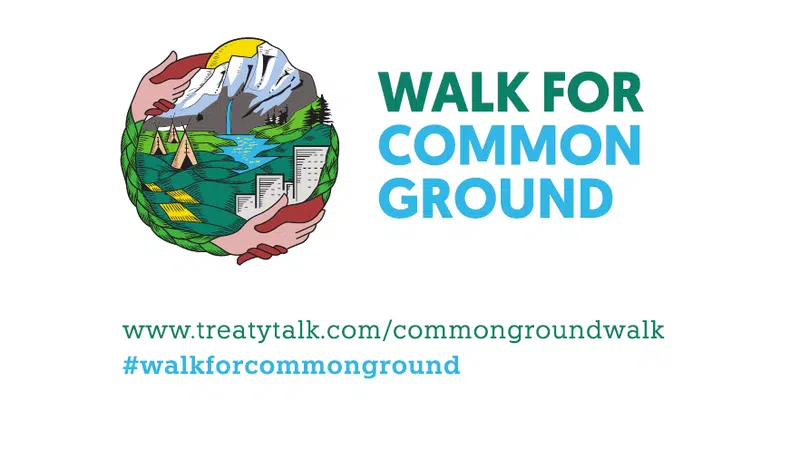
15-day walk of action for First Nations issues
A group of 30 health-care professionals, members of the faith community, school division leaders and Indigenous members will begin a 15-day walk later this month.
The walk starts this Friday, May 31 in Edmonton and includes a stop in Red Deer, Maskwacis, Lacombe, Ponoka, Bowden, Innisfail and Olds on its way to Calgary.
“It is important for non-Indigenous people to truly appreciate the privileges we have gathered because Indigenous nations allowed our ancestors to share this land,” said Scott MacDougall, a mental-health therapist at St. Therese-St. Paul Healthcare Centre in St. Paul, Alta., and a member of the board of directors of the Health Sciences Association of Alberta (HSAA).



